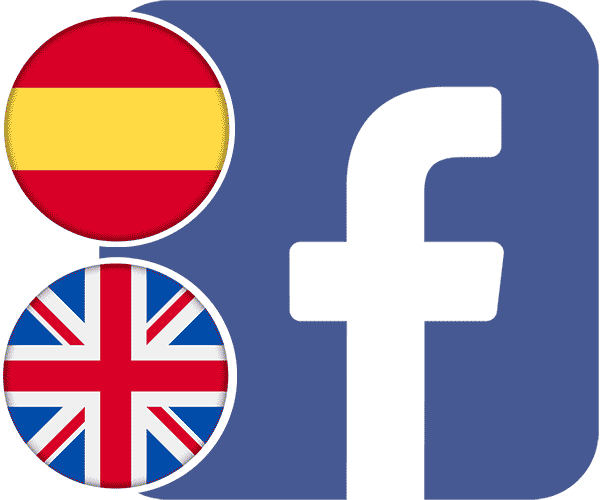1. Psychology is for crazy people
I mention this myth first because in my experience it is the most common. Surely we are all familiar with an anxious person who grabs a cigarette to cope while under pressure because he/she doesn’t know how manage the stress in any other way. This reaction is his/her learned response, and this type of scenario isn’t rare, and may not differ much from the way any of us handle stress. While most of us may not think of smoking as a way to handle stress to be a weakness, we might believe that someone who visits a psychologist is crazy. However, this is simply not true – a person aware of his/her weakness and seeks help can improve stress coping skills. A person who goes on reaching for a cigarette will never learn how to handle a difficult situation and will continue their unhealthy dependency. While psychotherapy can not eliminate stress, it teaches us how to manage stress and emotions in many life situations. Through psychotherapy, we obtain invaluable skills that can be used throughout our lives.
2. Best friends make the best psychologists
I have often heard it said: “I don’t need a psychologist; my best friend is the best psychologist.” And thank goodness for friendship (friends are priceless). Friends provide social support and can be vital aids to us in times of stress and depression. However, while friends can provide comfort and advice, in many cases is not enough just to talk and listen to our friends. Sometimes they are simply not capable of addressing the complex, long-term issues better suited for professional intervention.
3. Psychologists are severe old women or serious, bearded men.
Try to imagine a psychologist, what does he/she look like? For many people the answer would be an old, cold, serious and intimidating man, but this idea could not be further from the truth. In reality, a psychologist can be between 23 (more or less the age when university ends) and 99 years old (if mental and physical health allows, of course). Furthermore, just as people have different personalities, there are different types of psychologists. Some will laugh along with their clients during therapy, others will remain serious. It’s all about the therapeutic style that the client chooses.
4. Psychologists are magicians or miracle healers
Why do I call psychologists magicians? Because many people arrive at the first session of psychotherapy with no idea of how counseling or therapy works. Some even have the highly unrealistic expectation that their problems will be solved and lives changed for the better in only one session, and thus leave disappointed after the first meeting. I also hear people talk about psychologist characters on television crimes series, who seem to know everything about their clients based on a few displayed behaviors. In reality, psychodiagnostic testing and differential diagnosis are far more complex processes that can provide a guideline to treatment. (I did not understand exactly what you were trying to say here).
These are some of my experiences as a psychologist and the myths I have to deal with in my profession, although I am certain I am not the only one who struggles with the stereotypes of profession. What do you think about psychologists and their work?





